Home>Home Appliances>Laundry Appliances>Why Is My Washing Machine Tearing My Towels
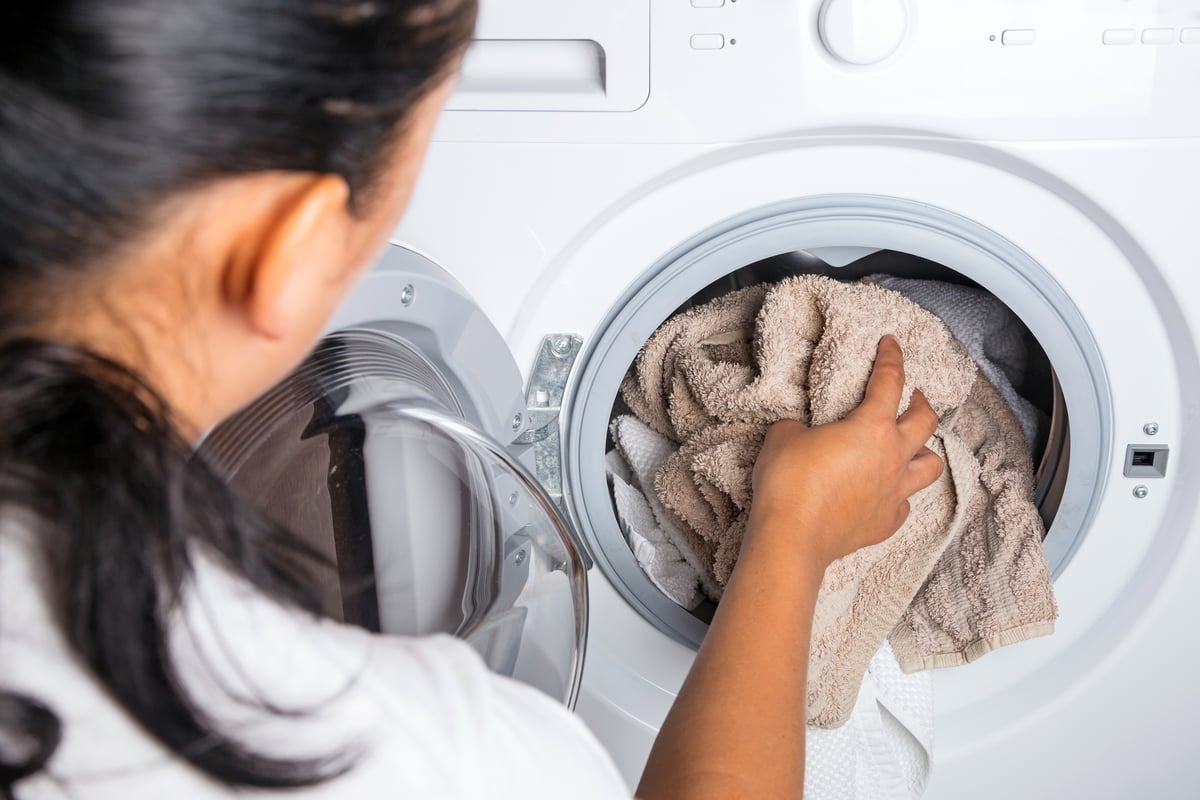

Laundry Appliances
Why Is My Washing Machine Tearing My Towels
Published: February 20, 2024
Discover the reasons behind your washing machine damaging towels and learn how to prevent it. Get expert tips on laundry appliances.
(Many of the links in this article redirect to a specific reviewed product. Your purchase of these products through affiliate links helps to generate commission for Storables.com, at no extra cost. Learn more)
Common Causes of Towel Damage in Washing Machines
Towels are essential for maintaining personal hygiene and adding comfort to our daily routines. However, when towels emerge from the washing machine in a state of disrepair, it can be frustrating and perplexing. Understanding the common causes of towel damage in washing machines is crucial for preserving the quality and longevity of these everyday essentials.
-
Abrasion from Other Textiles: When towels are mixed with heavier fabrics such as jeans or garments with zippers, the friction during the wash cycle can lead to excessive wear and tear on the towel fibers. This can result in pilling, fraying, and a generally diminished softness.
-
Overloading: Stuffing the washing machine with an excessive number of towels can lead to inadequate water and detergent distribution. This can cause the towels to rub against each other excessively, leading to damage and reducing the effectiveness of the cleaning process.
-
Aggressive Agitation: Some washing machines with agitators can be overly vigorous during the wash cycle, causing the towels to be excessively twisted and pulled. This can weaken the fabric and lead to stretching or tearing.
-
Harsh Detergents: The use of harsh detergents, especially those containing bleach or strong chemicals, can degrade the fibers of the towels over time. This can result in discoloration, thinning of the fabric, and an overall reduction in absorbency.
-
Improper Washing Machine Maintenance: A washing machine that is not properly maintained may develop rough spots or snags on the drum or other internal components. These imperfections can catch and pull at the towel fibers, causing damage during the wash cycle.
Understanding these common causes of towel damage in washing machines empowers us to take proactive measures to preserve the quality of our towels. By addressing these factors, we can ensure that our towels emerge from the washing machine in optimal condition, ready to provide the comfort and functionality we rely on daily.
Key Takeaways:
- Towels can get damaged in the washing machine due to factors like overloading, harsh detergents, and aggressive agitation. Proper load size, gentle wash cycles, and mindful detergent selection can help preserve towel quality.
- To prevent towel damage, separate them from heavier fabrics, use gentle wash cycles, and avoid overloading the machine. Mindful detergent selection and proper machine maintenance are also crucial for maintaining towel quality.
Read more: Why Is My Washer Shaking
Understanding the Impact of Overloading on Towel Quality
Overloading a washing machine with an excessive number of towels can have a detrimental impact on the quality and longevity of these essential fabric items. When the machine is overloaded, several factors come into play, ultimately affecting the cleanliness, softness, and overall condition of the towels.
Firstly, overloading inhibits the proper distribution of water and detergent. In an overloaded machine, the towels are crammed together, leaving little room for water and detergent to permeate the fabric effectively. As a result, some areas of the towels may not receive adequate cleaning, leading to residual dirt, soap, or fabric softener buildup. This not only compromises the cleanliness of the towels but also affects their absorbency, as the residual substances can hinder the fabric's ability to wick away moisture.
Moreover, the excessive compression of towels in an overloaded machine can cause them to rub against each other vigorously during the wash cycle. This friction can lead to accelerated wear and tear, resulting in pilling, fraying, and a general deterioration of the fabric's integrity. The towels may emerge from the wash with visible signs of damage, such as pulled threads or stretched fibers, diminishing their softness and comfort.
Furthermore, overloading can impede the rinsing process. When towels are densely packed in the machine, the rinse water may not be able to flow through the fabric thoroughly, leaving behind traces of detergent or soil. This can contribute to a buildup of detergent residue, which not only affects the towels' cleanliness but can also cause skin irritation for those who use them.
In addition to the physical impact on the towels, overloading can strain the washing machine's motor and components. The excessive weight and imbalance caused by overloading can put undue stress on the machine, potentially leading to premature wear and mechanical issues. This can result in suboptimal cleaning performance and may necessitate costly repairs or replacements in the long run.
To mitigate the impact of overloading on towel quality, it is essential to adhere to the manufacturer's guidelines regarding load capacity. By following the recommended load size, the towels can move freely in the machine, allowing for proper water and detergent distribution, thorough rinsing, and gentle agitation. This, in turn, preserves the towels' cleanliness, softness, and structural integrity, ensuring that they continue to provide the comfort and functionality we expect from them.
The Role of Agitators and Impellers in Towel Wear and Tear
Agitators and impellers play a pivotal role in the washing process, exerting mechanical action to dislodge dirt and stains from fabrics. However, when it comes to washing towels, the interaction between these components and the fabric can have a significant impact on the towels' wear and tear.
Agitators, commonly found in traditional top-loading washing machines, are vertical spindles or fins located in the center of the wash drum. During the wash cycle, agitators rotate or oscillate, creating a dynamic motion that agitates the water and fabric. While this action is effective for dislodging dirt from sturdy fabrics, it can be overly aggressive when applied to delicate towel fibers. The forceful movement of agitators can cause excessive twisting and pulling of the towels, leading to stretching, pilling, and potential damage to the fabric's integrity.
In contrast, impellers, prevalent in modern top-loading and front-loading machines, utilize a different approach to washing. These low-profile, cone-shaped agitators generate a gentle current within the wash drum, encouraging the water and detergent to circulate around the fabric. While impellers are designed to provide a more delicate washing experience, they can still pose a risk to towels if the machine is overloaded or if the towels become entangled around the impeller during the wash cycle. This can result in undue stress on the fabric, leading to fraying, pulled threads, or distortion of the towel's original shape.
The impact of agitators and impellers on towel wear and tear underscores the importance of mindful washing practices. When laundering towels in machines equipped with agitators, it is advisable to use a gentle or delicate cycle to minimize the force exerted on the fabric. Additionally, avoiding overloading the machine and separating towels from heavier fabrics can reduce the risk of excessive agitation and its associated damage.
For machines with impellers, proper loading and distribution of towels within the drum are essential to prevent entanglement and ensure a balanced wash. By allowing the towels to move freely and avoiding overcrowding, the risk of damage from the impeller's motion can be mitigated, preserving the towels' quality and longevity.
Understanding the distinct roles of agitators and impellers in the context of towel care empowers users to make informed decisions when selecting wash cycles and loading their machines. By aligning washing practices with the specific characteristics of these components, individuals can minimize wear and tear on their towels, ensuring that these essential fabric items maintain their softness, absorbency, and overall quality over time.
Check the washing machine for any rough edges or damaged parts that could be catching and tearing the towels. Use a gentle cycle and avoid overloading the machine to prevent damage.
Exploring the Effects of Harsh Detergents on Towel Fabric
The selection of laundry detergents significantly influences the longevity and quality of towel fabric. Harsh detergents, particularly those containing bleach, optical brighteners, or strong chemical additives, can have detrimental effects on the fibers of towels, compromising their appearance, texture, and functionality.
One of the primary concerns associated with harsh detergents is the potential for fiber degradation. The powerful chemicals present in these detergents can weaken the molecular structure of the towel fabric over time. This weakening can manifest as thinning of the fibers, leading to reduced tensile strength and increased susceptibility to fraying and tearing. As a result, towels laundered with harsh detergents may exhibit premature signs of wear, diminishing their durability and overall lifespan.
Furthermore, the use of harsh detergents can impact the visual appeal of towels. Bleach and optical brighteners, while effective at removing stains and enhancing whiteness, can cause discoloration and yellowing of the fabric over repeated wash cycles. This alteration in color not only diminishes the aesthetic appeal of the towels but also signifies the underlying damage inflicted on the fabric by the aggressive chemical agents.
In addition to structural and visual effects, harsh detergents can compromise the absorbency and softness of towel fabric. The chemical residues left behind by these detergents can create a barrier on the fibers, inhibiting their natural ability to wick away moisture effectively. This can result in reduced absorbency, rendering the towels less efficient in drying and providing comfort. Moreover, the residual chemicals can contribute to a harsh or stiff feel in the fabric, detracting from the plushness and soft touch that are characteristic of high-quality towels.
To mitigate the adverse effects of harsh detergents on towel fabric, it is advisable to opt for gentle, eco-friendly detergents specifically formulated for delicate fabrics. These detergents are designed to cleanse effectively while minimizing the use of aggressive chemicals that can compromise the integrity of the fabric. Additionally, incorporating vinegar or baking soda as natural alternatives can help maintain the brightness and softness of towels without subjecting them to the harsh impact of chemical-laden detergents.
By understanding the effects of harsh detergents on towel fabric, individuals can make informed choices when selecting laundry detergents, prioritizing products that promote the longevity, appearance, and functionality of their towels. Through mindful detergent selection and laundering practices, the quality and performance of towel fabric can be preserved, ensuring that these essential household items continue to deliver optimal comfort and utility.
Tips for Preventing Towel Damage in Washing Machines
-
Proper Load Size: Adhering to the manufacturer's recommended load capacity for towels is essential. Overloading the washing machine can lead to inadequate water and detergent distribution, causing excessive friction and strain on the fabric.
-
Separate Towels from Heavier Fabrics: When laundering towels, it's advisable to separate them from heavier fabrics such as jeans or garments with zippers. This prevents abrasive interactions during the wash cycle, reducing the risk of pilling and fraying.
-
Gentle Wash Cycle: Utilize the gentle or delicate wash cycle when washing towels, especially if your machine is equipped with an agitator. This minimizes the force exerted on the fabric, preserving its integrity and softness.
-
Mindful Detergent Selection: Opt for gentle, eco-friendly detergents specifically formulated for delicate fabrics. Harsh detergents containing bleach or strong chemical additives can degrade towel fibers over time, compromising their quality and appearance.
-
Proper Machine Maintenance: Regularly inspect and maintain your washing machine to ensure that it is free from rough spots or snags on the drum or internal components. Smooth surfaces within the machine reduce the risk of catching and pulling at towel fibers during the wash cycle.
-
Balanced Distribution: When loading the washing machine with towels, ensure balanced distribution within the drum. This prevents entanglement and allows the towels to move freely during the wash, reducing the risk of excessive wear and tear.
-
Avoid Overuse of Fabric Softeners: While fabric softeners can impart a pleasant scent and softness to towels, excessive use can lead to a buildup that hinders absorbency. Use fabric softeners sparingly to maintain the towels' functionality.
-
Prompt Removal from the Washer: Once the wash cycle is complete, promptly remove the towels from the machine. Allowing damp towels to sit in the washer can promote the growth of mildew and musty odors, potentially compromising their freshness.
By implementing these preventive measures, individuals can safeguard their towels from damage during the washing process, ensuring that these essential fabric items maintain their quality, softness, and functionality over time.
Frequently Asked Questions about Why Is My Washing Machine Tearing My Towels
Was this page helpful?
At Storables.com, we guarantee accurate and reliable information. Our content, validated by Expert Board Contributors, is crafted following stringent Editorial Policies. We're committed to providing you with well-researched, expert-backed insights for all your informational needs.

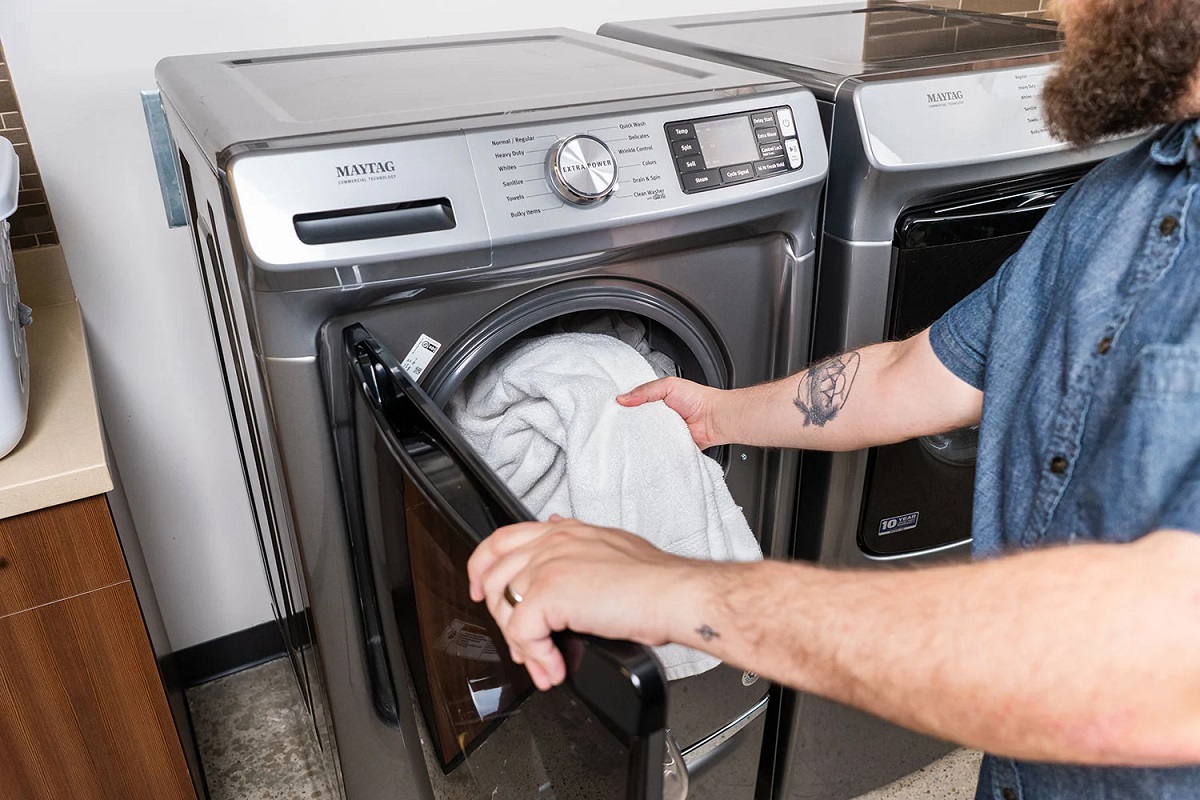
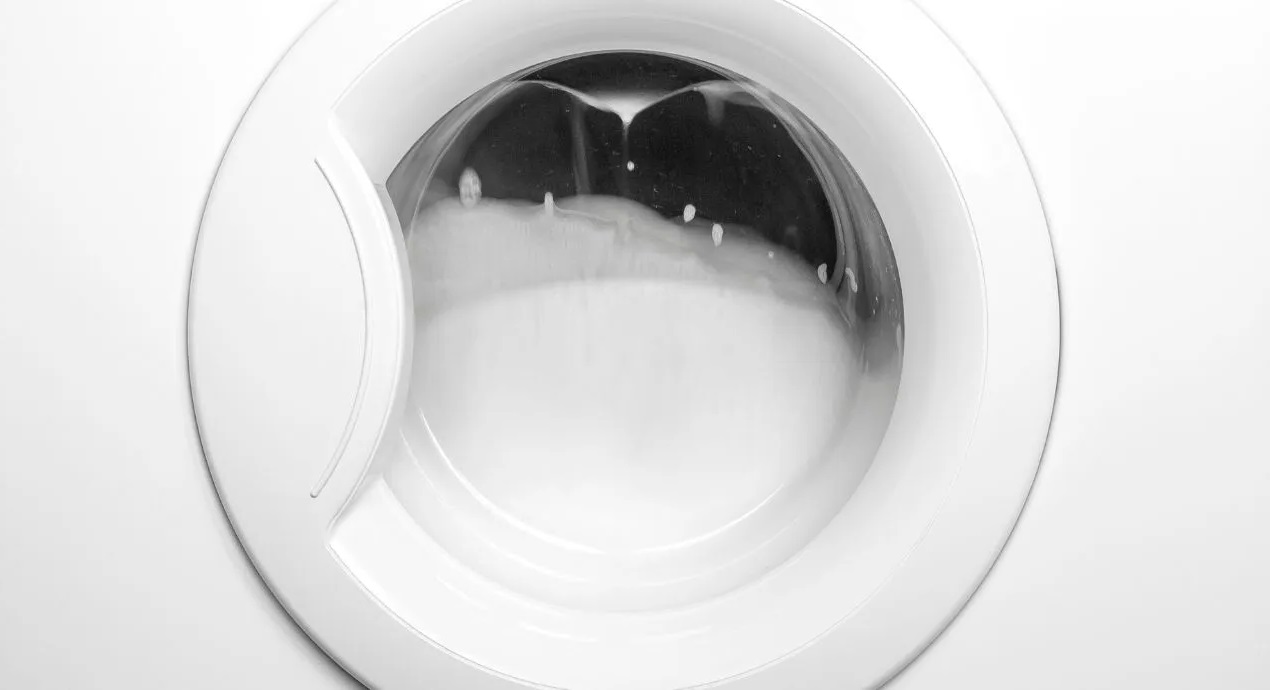
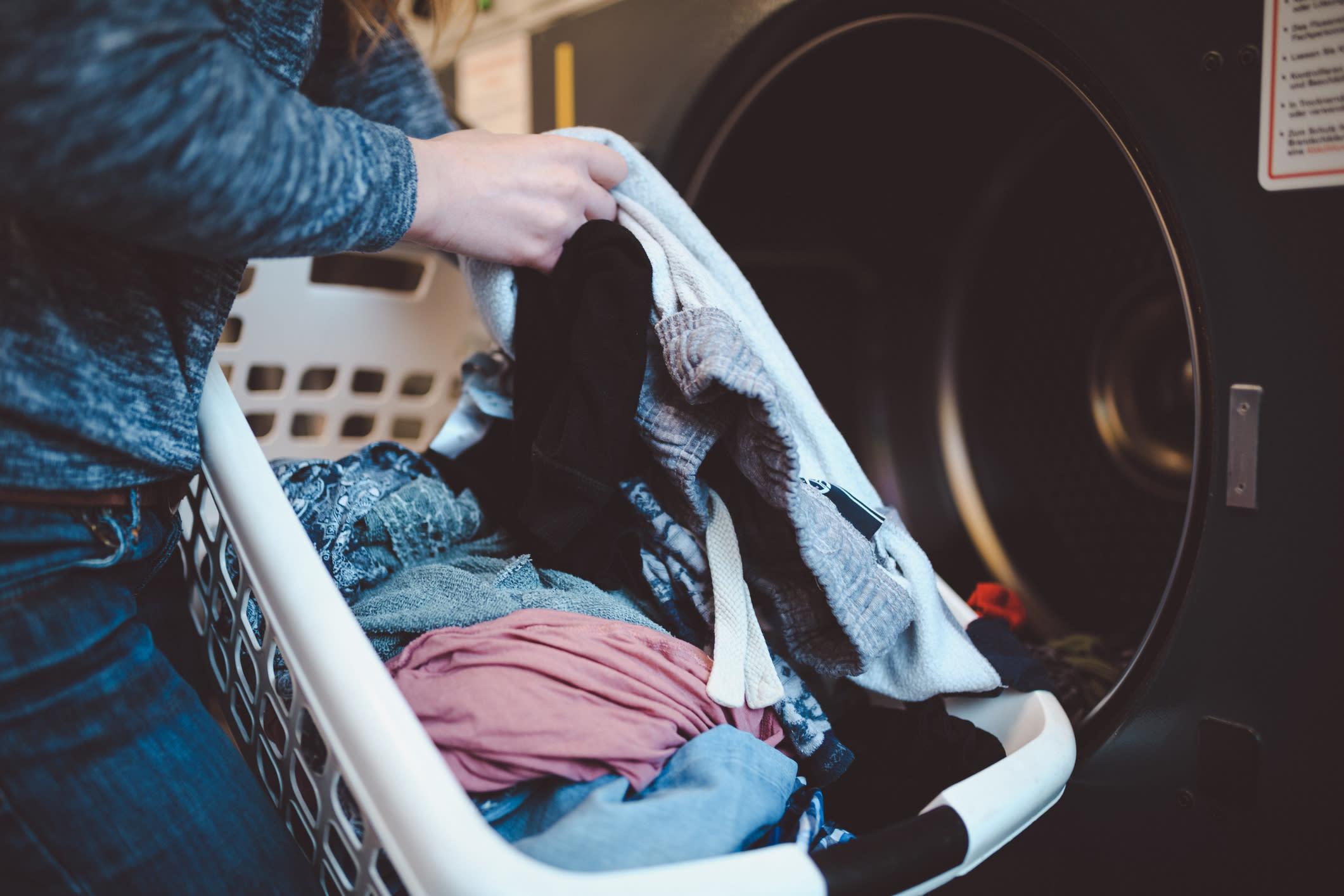
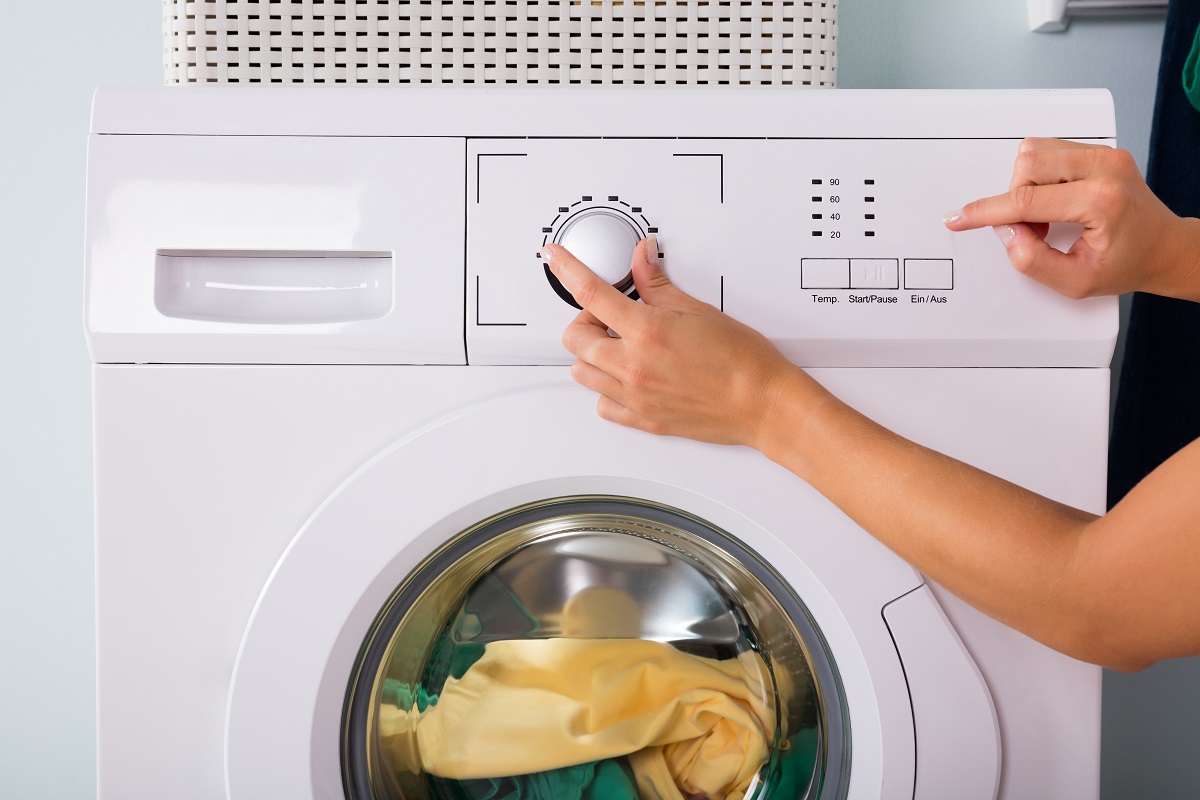
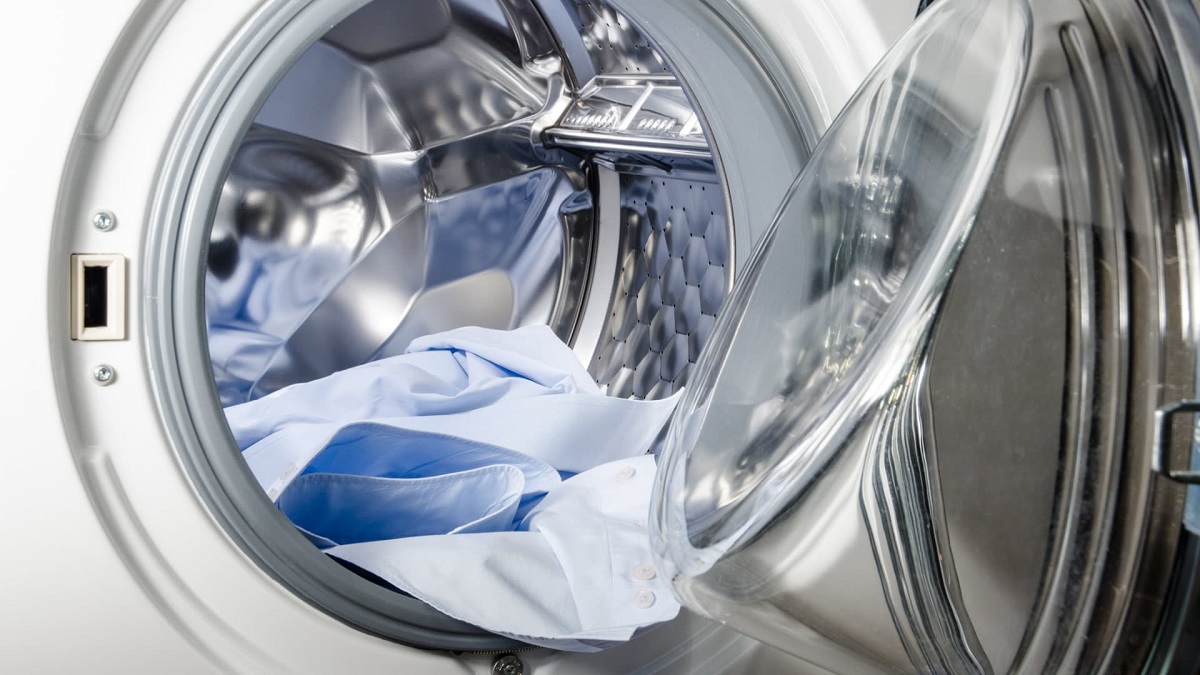
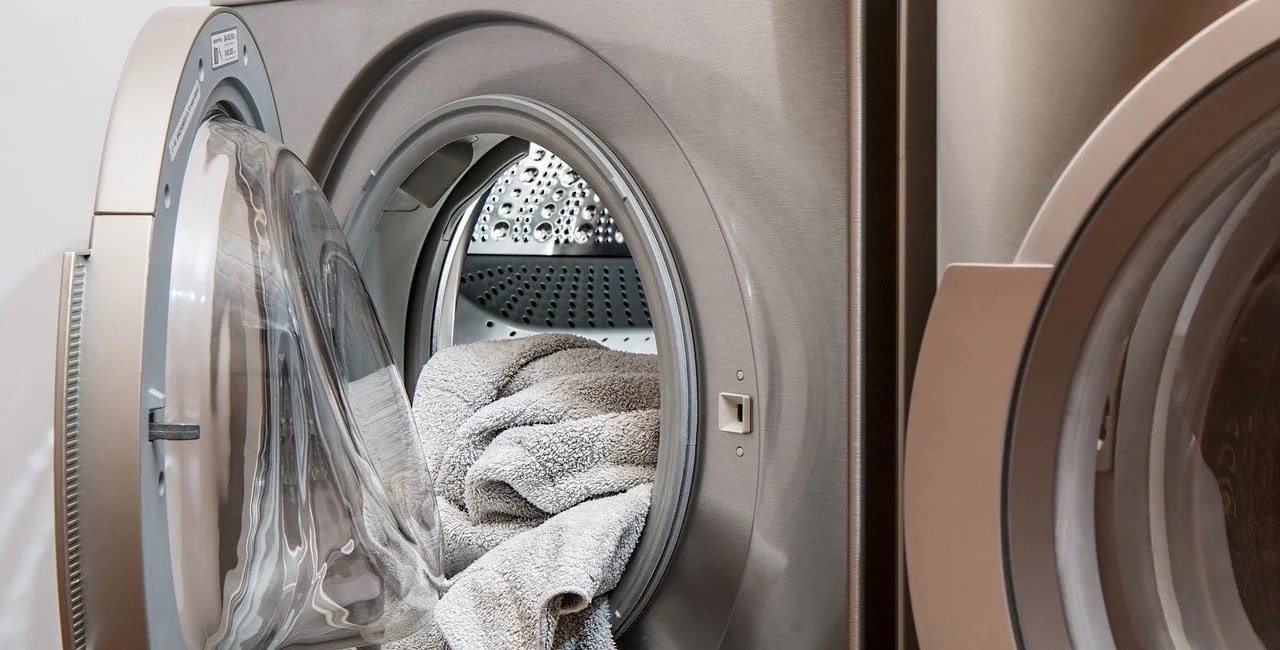
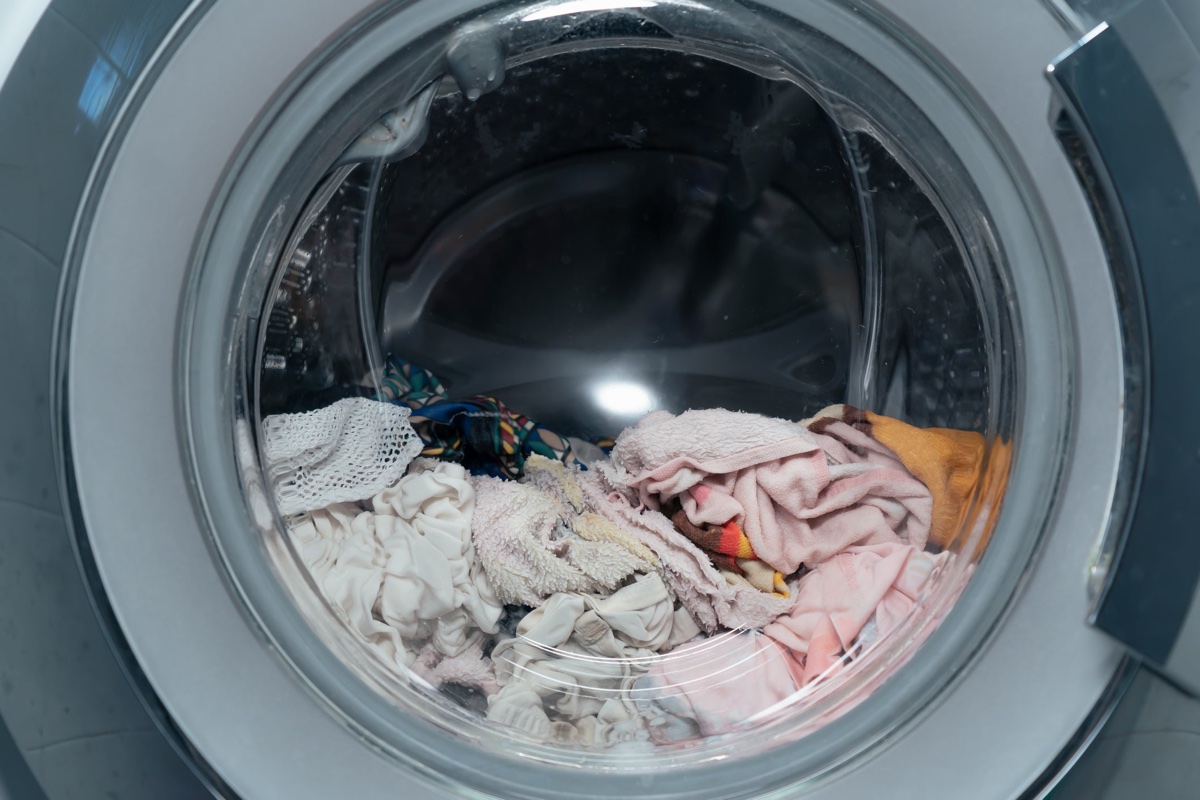
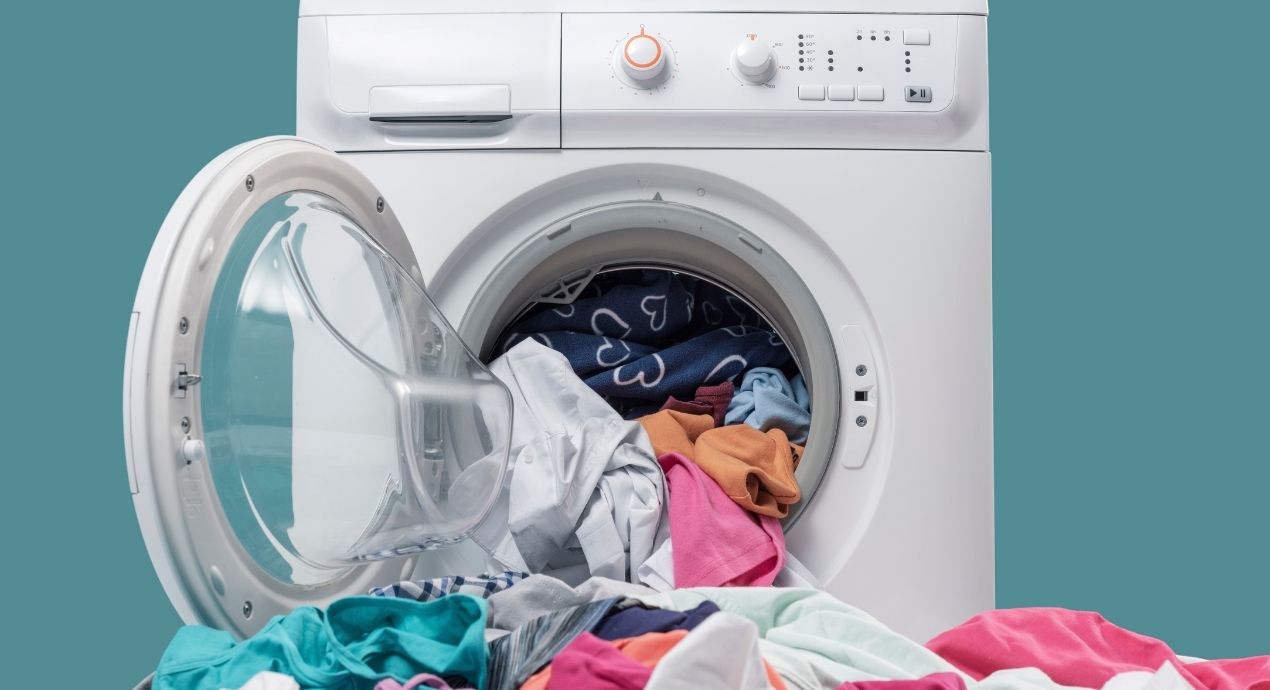
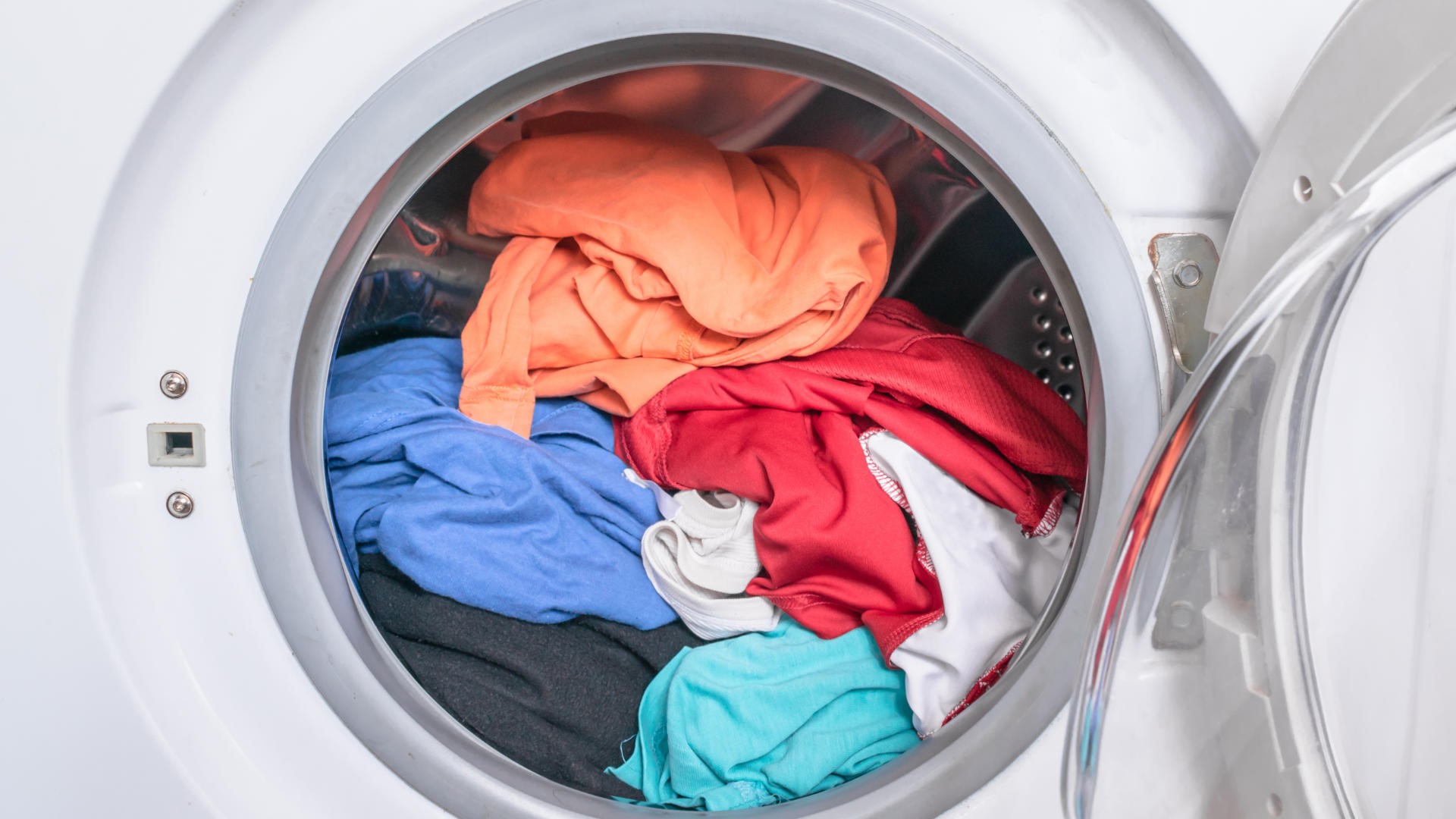
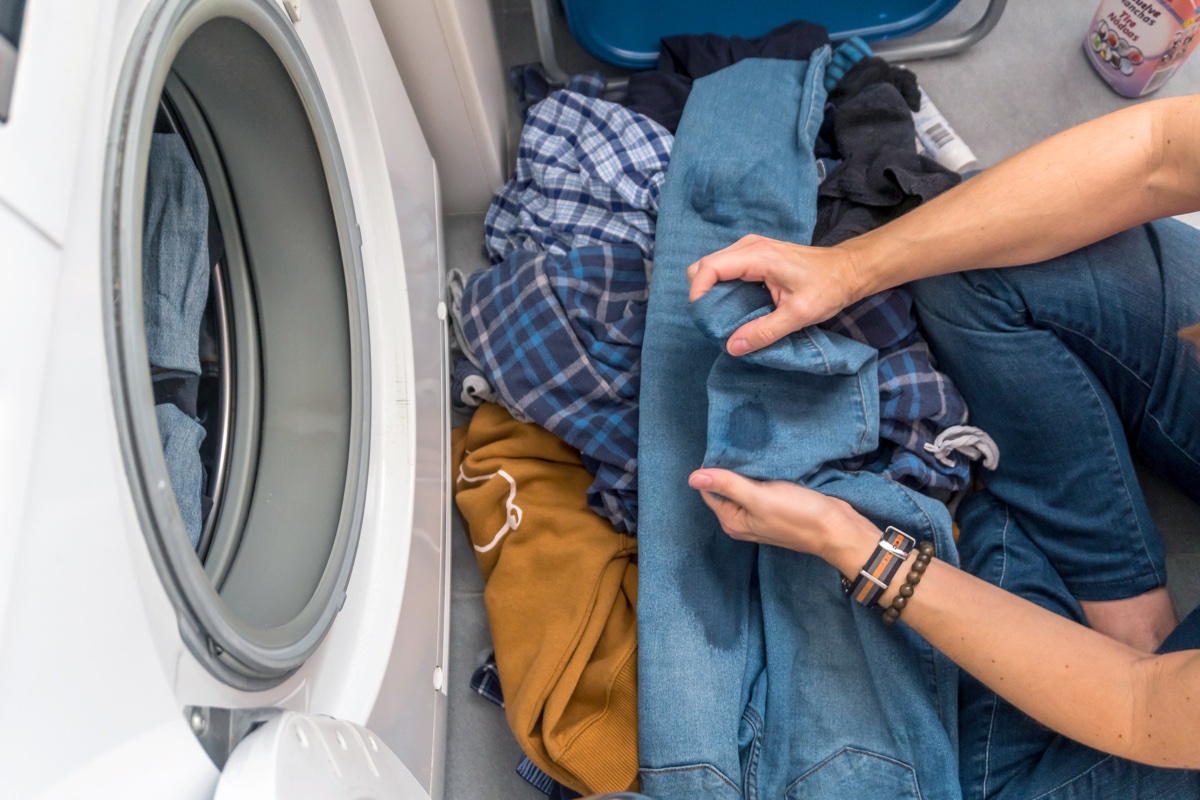
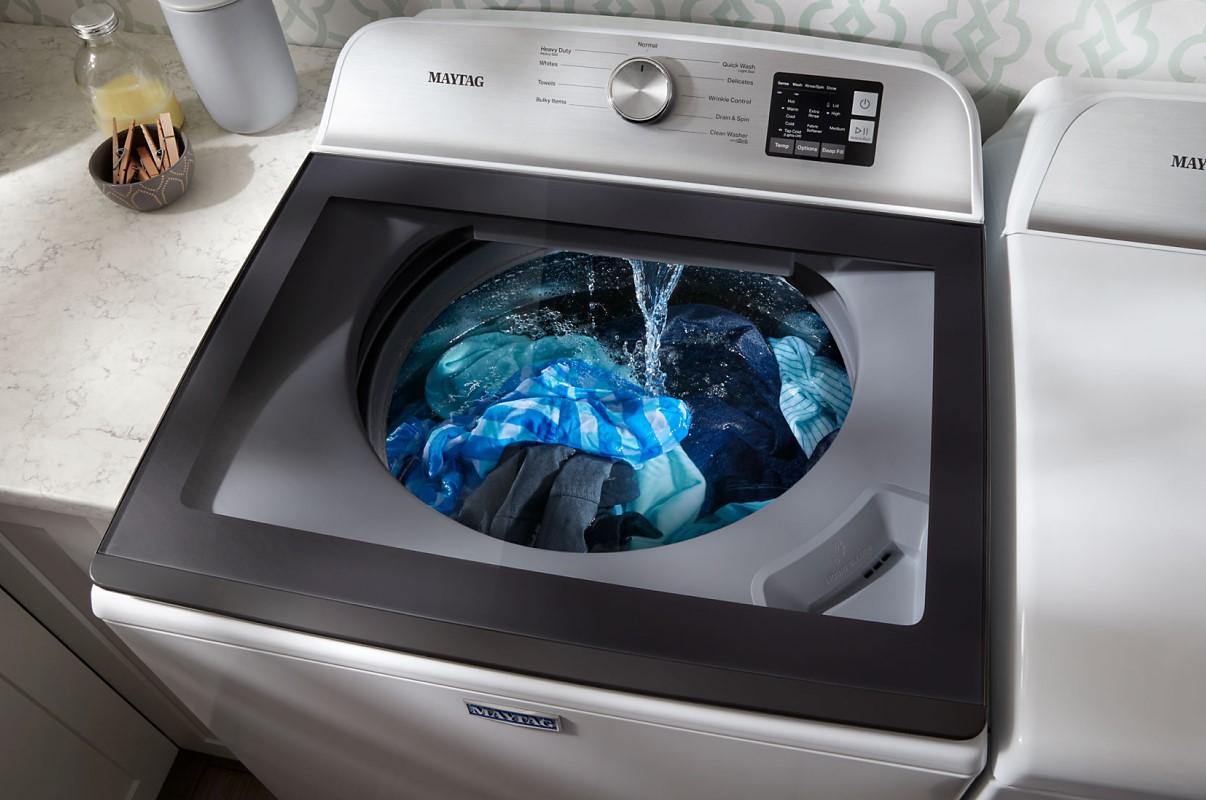
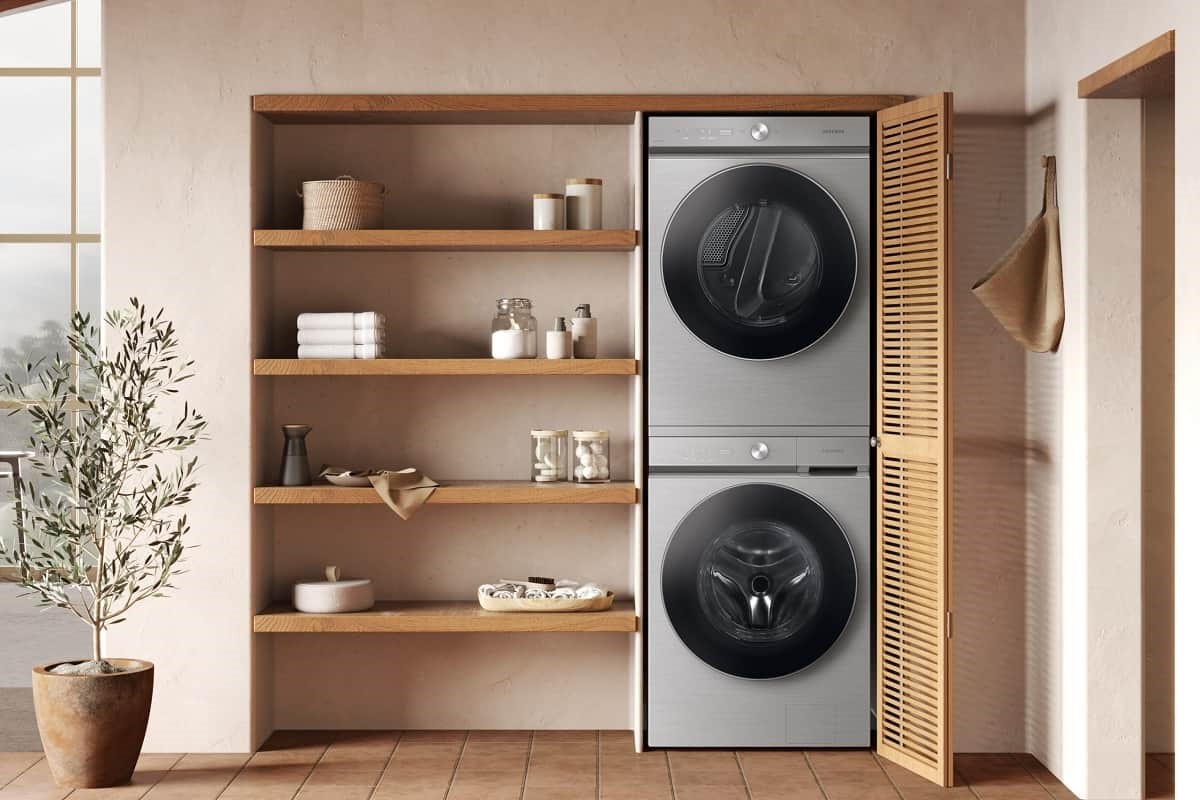
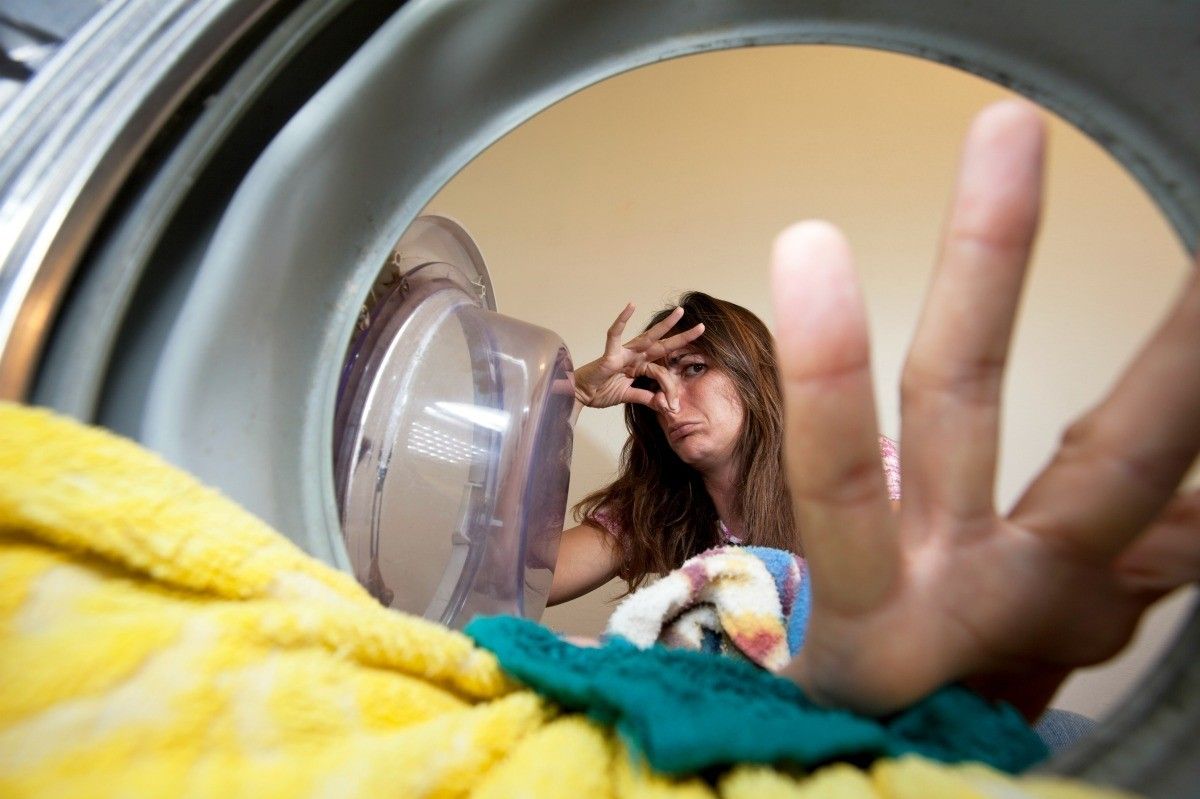
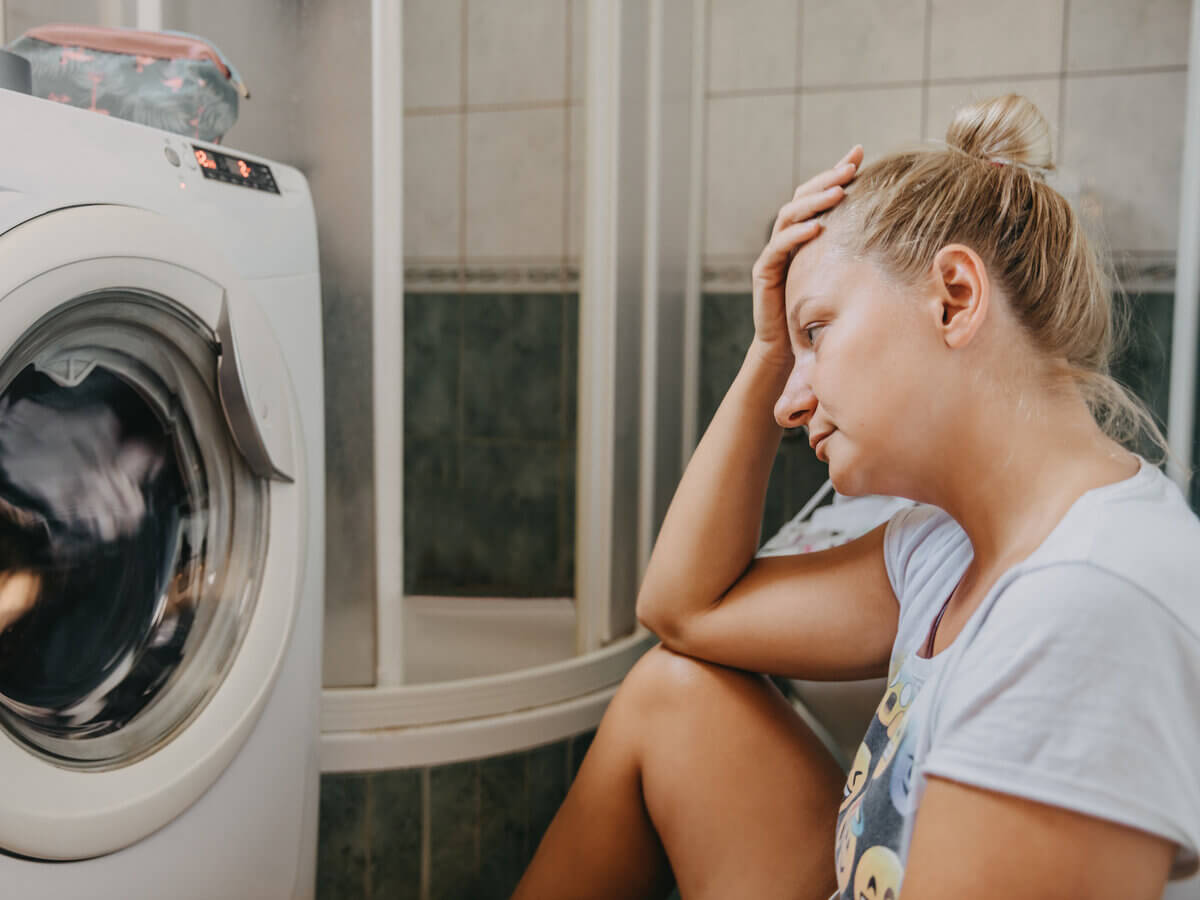

0 thoughts on “Why Is My Washing Machine Tearing My Towels”